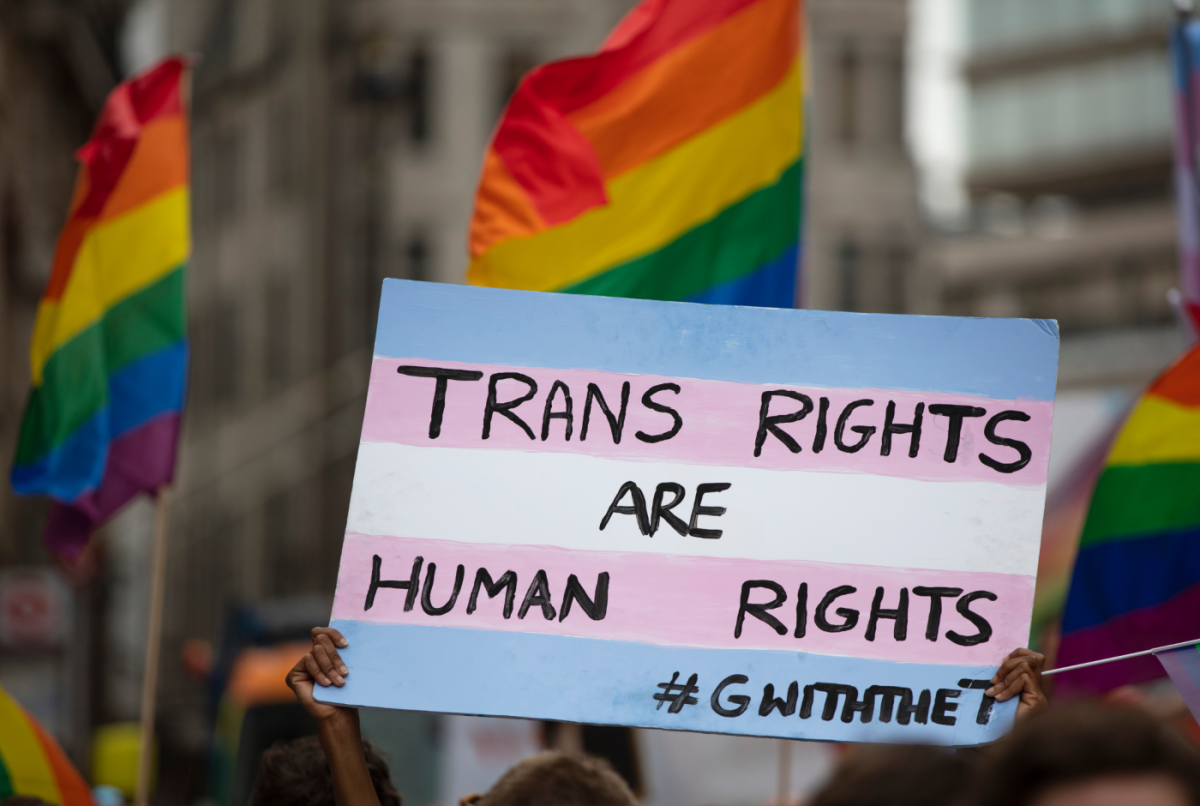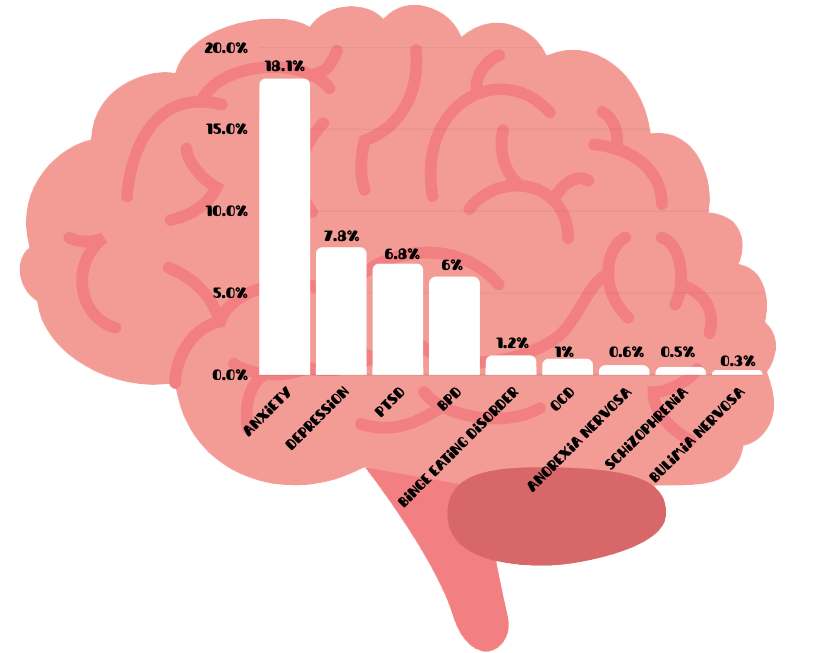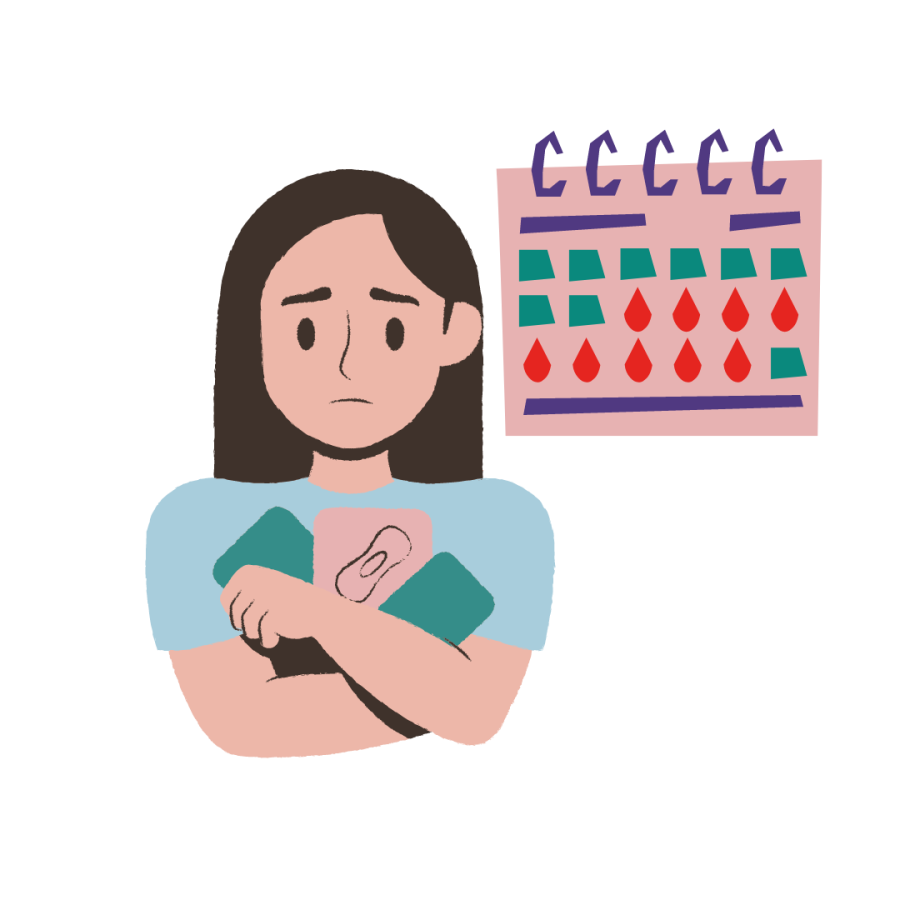As of right now, Nebraska lawmakers have not passed any laws specifically banning transgender care. However, it is important to note that they are currently in the process of trying to do so with bill LB-574 – Let Them Grow Act. This bill was introduced by Kathleen Kauth, member of the Nebraska State Legislature from Omaha, Nebraska in District 31.
LB-574’s statement of intent reads, “LB-574, to be known and cited as the Let Them Grow Act, would prohibit the performance of gender altering procedures for individuals under the age of 19, provide for definition of terminology and allow for civil action to be brought against violators of the act.” The Let Them Grow Act would ban gender-affirming care in minors such as hormone therapy, puberty blockers and gender-altering surgeries.
Nebraska State Senator Machaela Cavanaugh has been filibustering (a legislative action designed to prolong debate and delay or prevent a vote on a bill, resolution, amendment, or other debatable question) every bill that has come before the legislature this session in protest of LB574.
Cavanaugh vowed to continue her filibuster and “burn this session to the ground” if necessary to prevent the bill from passing. Her filibuster has now lasted over seven weeks.
While acknowledging that important bills are being held up as a result of her efforts, Cavanaugh has put the responsibility on legislative leaders to remove the highly controversial bill. The current legislative session ends on June 9, and Cavanaugh has stated that she will continue to filibuster until there is an end point for the bill.
Megan Hunt, representative of the 8th legislative district in Omaha, has been one of the several state representatives fighting to end LB574.
“This ban would have severe and detrimental effects on the mental and physical health of transgender youth, and would directly impede their ability to live authentic, healthy lives.” Hunt said. “This could result in increased rates of depression, anxiety, and suicidal ideation among transgender youth who already face high rates of discrimination and stigma. Denying them access to medical care that is widely recognized as a critical part of their gender affirmation journey would be cruel and inhumane.”
States outside of Nebraska have also made efforts to restrict or even ban certain forms of transgender care, such as banning all transgender people from using the restroom assigned for the gender they identify as.
These efforts have been met with significant opposition from LGBTQ+ advocates, medical professionals and civil rights organizations who argue that such bans would harm transgender youth and violate their rights to medical care and bodily autonomy.
Gender-affirming care is considered safe, effective and medically necessary by major professional health associations including the American Medical Association, the American Academy of Pediatrics and the Endocrine Society.
Currently, as of April 2023, 15 states including Idaho, Utah, Arizona, South Dakota, Texas, Iowa, Arkansas, Florida, Georgia, Alabama, Mississippi, Tennessee, Kentucky, Indiana and West Virginia have passed laws that restrict/prohibit use of gender affirming care in minors.
In 17 states (Washington, Oregon, Montana, Wyoming, North Dakota, Nebraska, Kansas, Oklahoma, Missouri, Wisconsin, Michigan, Ohio, Virginia, North Carolina, South Carolina, New Hampshire and New Jersey) restrictions on gender affirming care for minors are being considered.
Hormone therapy for minors, also known as pediatric hormone therapy, is a medical treatment used in order to help children and adolescents who experience gender dysphoria, a condition in which a person’s gender identity does not match the sex they were assigned at birth, causing distress and discomfort.
Pediatric hormone therapy involves the use of hormones, such as testosterone or estrogen, in order to help the individual develop secondary sex characteristics that are more aligned with their gender identity. The specific hormone therapy prescribed will depend on the individual’s goals and needs, and the treatment is typically managed by a team of medical professionals including endocrinologists, pediatricians and mental health professionals.
The decision to start hormone therapy in minors is a complex one and typically involves a thorough evaluation and assessment by a team of medical professionals. This evaluation may include physical exams, psychological assessments and discussions with the child and their family in order to ensure that hormone therapy is appropriate and safe for the individual.
Access to healthcare for transgender individuals can vary widely depending on where they live and what type of insurance they have, with a large portion facing significant barriers to care. This underscores the importance of protecting the rights of transgender individuals to access the care they need, and ensuring that medical decisions are made based on the best interests of the patient, in consultation with qualified medical professionals.
It is important to note that hormone therapy for minors is a highly regulated medical treatment and there are strict guidelines and protocols in place to ensure that it is used appropriately and safely.
Transgender individuals experience disproportionately high rates of suicide compared to the general population. The exact magnitude of the disparity varies depending on the study and population being examined, but most studies consistently find that transgender individuals are at significantly increased risk of suicidal ideation and suicide attempts.
According to the National Library of Medicine “Data indicates that 82% of transgender individuals have considered killing themselves and 40% have attempted suicide, with suicidality highest among transgender youth.”
Research indicates that the high rates of suicide among transgender individuals are strongly linked to experiences of discrimination, harassment and violence, as well as social isolation, lack of access to gender-affirming healthcare and other forms of marginalization. Transgender individuals also experience high rates of mental health concerns such as depression, anxiety, and post-traumatic stress disorder (PTSD), which can further increase their risk of suicide.
Suicide is a complex and multifaceted issue, and there is no single cause or solution. However, creating supportive and inclusive environments, providing access to mental health services gender-affirming healthcare and working to address the underlying social, economic and political factors that contribute to the marginalization of transgender individuals are all important steps that can help reduce the risk of suicide among this population.

















